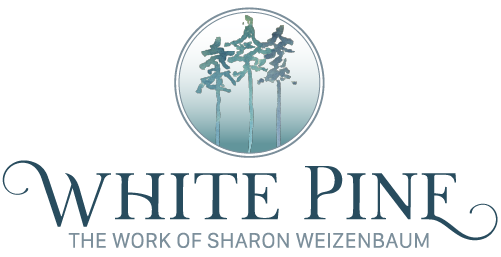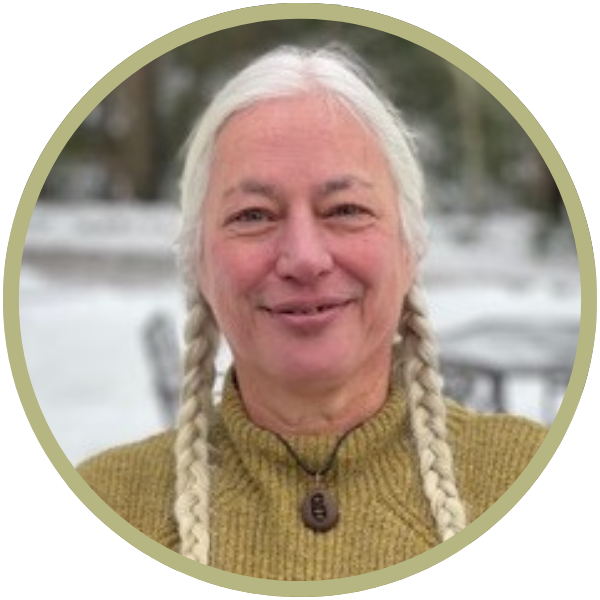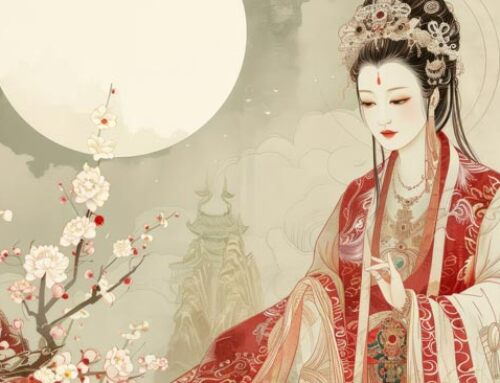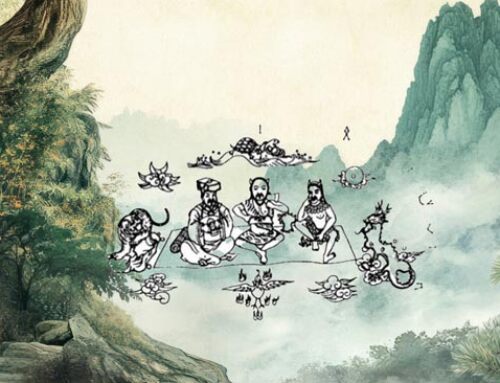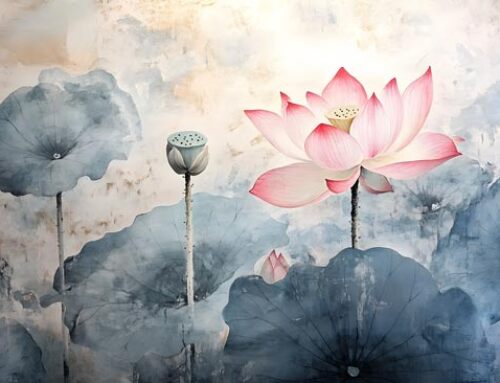The six spirit (六神 lìu shén) and two dawning (二旦 èr dàn) formulas come from a text whose full title is Secret Tips for Helpful Action: The Key to Using Medicinals on the Zàngfŭ Organs (輔行訣臟腑用藥法要 Fŭxíngjué Zàngfŭ Yòngyào Făyào) – “Fuxingjue” from here. I gave the title Tāngyè jīngfă 湯液經法 to this article because the contents of the Fuxingjue are explicitly about classical methods of decoctions (jīngfă).
In the Fuxingjue there is a single unequivocal mention of a lost text called the Tängyè Jïng (湯液經 Classic of Decoctions) and its author Yï Yîn. The Fuxingjue states that some of its contents “[reflects] the utterly significant subtlety of the classical methods of decoctions (tangye jingfa)”. The fact that the Tangye Jing was mentioned and the phrase tangye jingfa (湯液經法) was used should lead no one to conclude that the Fuxingjue represents the Tangye Jing written by Yi Yin. As the previous article by the classical Chinese language scholar Sabine Wilms shows, when the character fâ 法 “method” is placed after the character jïng 經 “classic/classical” then the character 經 has to function as an adjective modifying the fâ 法 “method”. Therefore, jïng “classic” becomes jïngfâ “classical method”, and is referring to a method and not a text.
Download to read the full article.
